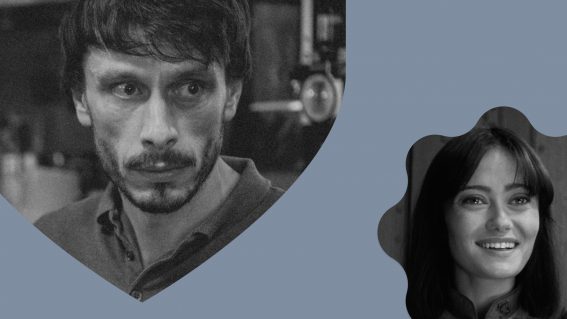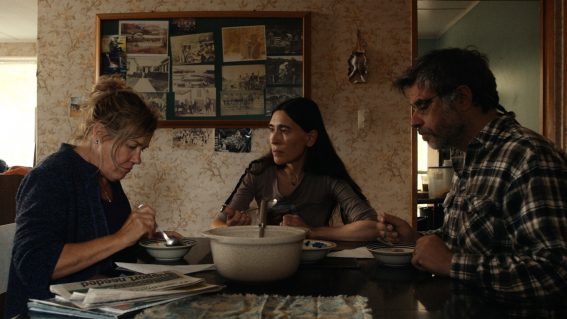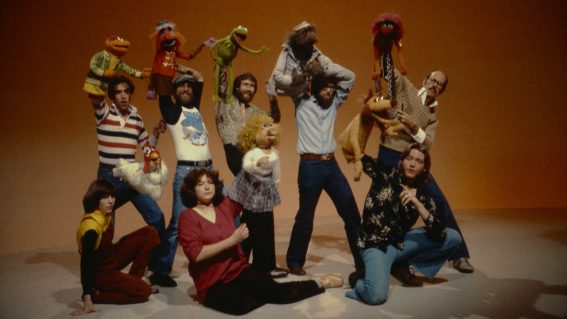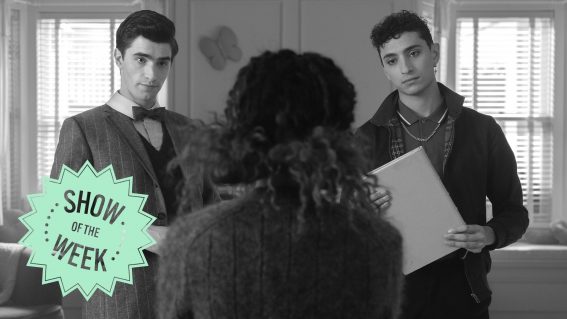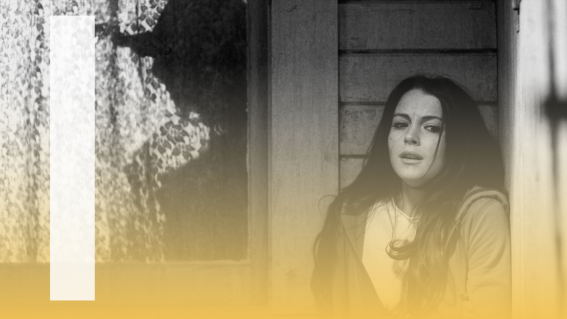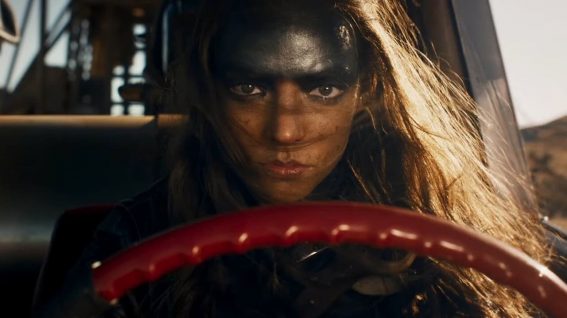Interview: ‘This Is 40’ director Judd Apatow
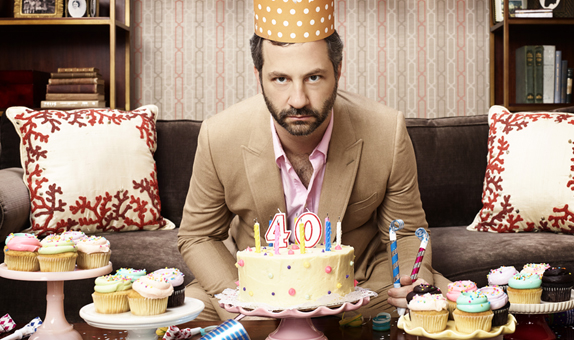

Judd Apatow has amassed an enviable body of work as a writer or producer that includes Anchorman: The Legend of Ron Burgundy, Superbad, Walk Hard: The Dewey Cox Story, Forgetting Sarah Marshall, Step Brothers, Pineapple Express, Get Him to the Greek, and Bridesmaids as well as TV shows The Larry Sanders Show, The Critic, Freaks and Geeks, Undeclared and Girls. Apatow directed The 40 Year-Old Virgin, Knocked Up and Funny People and now his latest pic This Is 40 is about to hit cinemas.
Knocked Up introduced audiences to Pete (Paul Rudd) and Debbie (Apatow’s wife Leslie Mann) as the tired and jaded faces of parenthood. in this sort-of sequel the couple are approaching 40 and life continues to prove complicated – Debbie’s in denial about her age, Pete’s music business is failing and family stresses are increasing. As the pair continue to bicker their way through these problems and near the 40-year-old milestone, the cracks in their relationship begin to show.
We jumped at the chance for some time on the phone with Apatow to talk about This Is 40 as well as cupcakes and Lance Armstrong.
FLICKS: What’s it like gearing up for the picture to be released?
JUDD APATOW: Well, I finished the movie at the end of May. So it’s been seven months between when I finished it and when it comes out, so it’s like telling a joke and waiting seven months to see somebody laugh.
So what do you do to keep busy in the interim?
What did I do to the intern?
Or that, yeah…
I have been really working a lot on the marketing and trying to figure out how to get people to come see it. We took a lot of the summer off to try to get our brains to come back to life.
That’s always good. I caught the film yesterday and congratulations on it. I really enjoyed it.
Oh, thanks. I’ve been very excited that people are responding to it in such a big way. You never know when you finish it if anybody is going to connect or not. So it’s been really fun to see that when people see it they always say, “I feel like you, you’ve hidden the camera in my house”. Which is kind of the best compliment we could get.
Creepy, but a compliment.
Yes.
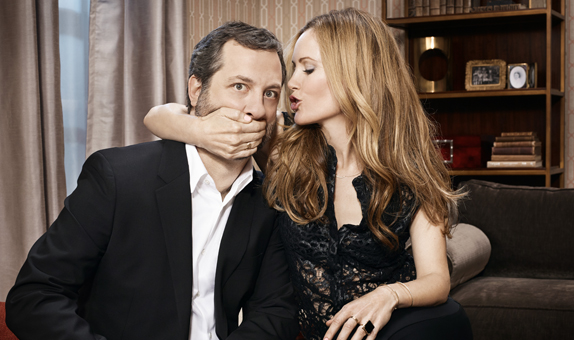
I’ve been a long-time fan of your work as a producer, and the films you’ve directed. This one’s got that kind of consistent humor that I associate with the other stuff you’ve worked on. It’s got a very tangible, real-life kind of feel to it.
I always like movies that can be dramatic and funny. If you can make me really feel something deeply, or cry and laugh in the same movie, that’s my favourite kind of movie. I love films like Diner and Terms of Endearment, Broadcast News, Fast Times at Ridgemont High, the Billy Wilder movies, and the Hal Ashby movies. That is what we aspire to. This movie was actually heavily influenced by people like that, and also John Cassavetes and Robert Altman.
I’m presuming it’s a case of you drawing on quite a lot of your own personal experiences in writing and making this picture, right?
Yeah. It’s about a third based on our lives, a third what we observe from our friends, and a third made up just to make it funny. And it’s certainly very heightened. It’s supposed to be a week where they both turn 40 and have a kind of a meltdown from it. So it’s not how we act most of the time, but then we definitely have our moments.
With the characters of Pete and Debbie, they’re acting, as you’ve said, like stand-ins for yourselves in this film. Was that how you saw them in ‘Knocked Up’, or is that something that’s sort of been fleshed out in those characters as you geared up for this picture?
Well, when we did Knocked Up, I just thought there was so much more to say. I tried to make them the ghost of Christmas future in Knocked Up, to have Seth and Katherine feel the pressure of a coming child. But I didn’t realize that there was so much more that I could explore.
I wanted to talk about the way we’re all spinning way too many plates. We’re trying to be good parents, good husbands, we have to take care of our health, we have to take care of our extended families, deal with technology, deal with so many things. In a way, we’re all cracking from the pressure to do everything right. So I thought it would be fun to actually see them crack.
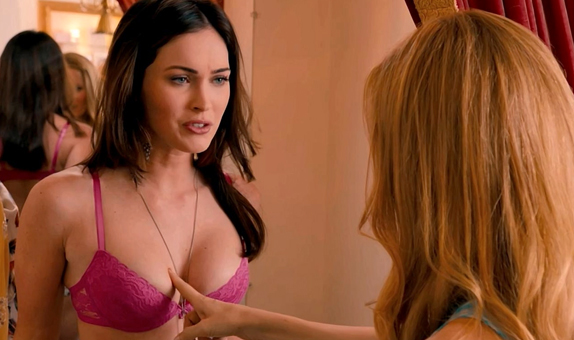
Leslie’s a fantastic lead actress in the film. She’s got to do so much stuff in it and her diverse skill set is really on display.
She’s such a good actress, and she pushes me to make it more truthful. A lot of times people will say, “How did you get your wife to do that?” And the truth is, she’s usually the one pushing to go farther. It’s very easy with her.
If I do a good job writing the script, the acting part is not what I’m concerned about. We work really hard when we’re on the set. We shoot the scene, we shoot a lot of other additional dialogue and material that I think I may need in the editing room. We play and improvise. So it’s a lot of hard work, but the hard work is never getting a great performance, it’s just “what should we do?”
How do the improvised elements of the film come together?
It’s more of a conversation than improvisation. As soon as I write a rough draft of the movie I will give it to the actors and call for a rehearsal. In that rehearsal, we all sit down and we talk about it for a long time to see if the beats are right and the feelings are correct. We then read all the scenes and improvise on them. I take notes, go off and do another draft. Then we rehearse again and I do another draft. Then we do a table read. Then I do another draft. So by the time we get to the set, we’ve really worked the material hard. It’s really more about constantly rewriting.
It’s a really specific stage of life that you’re capturing with this film. I was thinking about the other pictures that you’ve made as a director and that’s probably something that’s true of all of them: that it’s real. It’s capturing characters in not just a challenging time, but in a very narrow window of their lives. Would you agree?
The meat of most of my movies are about certain turning points in your life. We did a TV show about college [Undeclared], and Girls is about after college, and then Knocked Up is about getting someone pregnant, and having a baby. So I like talking about the momentous moments in life. I didn’t even mean to do that, it’s not something I did consciously, but every time I try to think of an idea for a movie, it’s always the big turns that you face. And I think when we treat that truthfully with likeable characters it can be very dramatic and really funny. That’s what I’m aiming for.
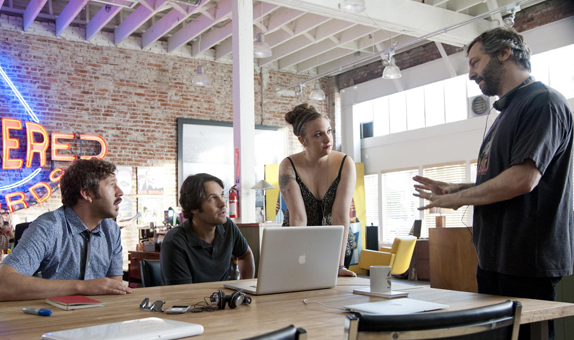
One thing that connected with me in the film was Paul Rudd’s declining career in the music business. As someone who’s had to exit that myself a couple of years ago, I wondered what it was about you personally that made this part of his character. Are you looking at when we sometimes have to let go of those sorts of dreams or ideas about being cool?
I have a lot of friends in the music industry, and as digital downloading hit, the companies started laying off a lot of people. There were many talented people that got cut loose and had to figure out what to do. So many people became entrepreneurs. For some, it worked and for others it didn’t, because the music business is in shambles in a lot of ways. It hasn’t adjusted well to technology. So I thought it was an interesting area to write about, but also as a metaphor for feeling like you’re slipping.
There is a moment in your life where you kinda stop listening to new music. So I mention that Paul Rudd’s character Pete was the one guy who didn’t want to sign Arcade Fire. It makes him question who he is, his ability to stay in touch with what’s happening musically and his ability to have a thriving career, especially when your taste in music is one of the main things that defines you as a person. I think feeling like you’re getting out of touch with what people like is very scary.
Pete is depicted in some revolting cupcake scoffing scenes: are cupcakes a vice of yours or are they standing in for something else that you’ve got going on?
No, they are a vice, I hate to say. I’ve got six of them right here. They had ’em at the press junket and I scoffed one and a half down. I shouldn’t have, but for some people it’s crack.
The other thing that I really liked about Pete was his full Lance Armstrong getup when he goes cycling. Is he still wearing that even after Armstrong’s fall from grace?
I’m a big fan of Lance Armstrong’s [Frostily – this interview was before Armstrong’s recent Oprah interview]. His charity is a really special, remarkable thing and I’ve had several members of my family get sick with cancer. It’s pretty remarkable what they do to help you find doctors and give you support. So it isn’t meant as a joke and I certainly hope people still support that charity because they do great work.
OK, I took that the wrong way. Something else I wanted to ask was the huge cast that you’ve assembled for this film. One of the things that I’ve thought about while watching it was what a challenge it must have been to basically have all those players on the screen with such talent, but without overshadowing the story that’s being told. It’s a huge weight of acting talent. Did that pose a challenge for you to balance that correctly?
Well, it works if they’re appropriate for their parts. If certain people overpower their parts, then it can be a problem, but they’re all fantastic actors. What I wanted to do is to feel real at all times. So although the film has a real all-star cast, I felt like they’re strong enough to disappear and become these people.
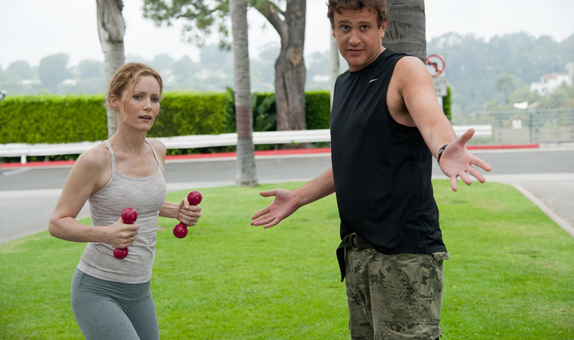
Before we go, I couldn’t get off the line with you today without bringing up ‘Freaks and Geeks’, which is a massive show for me, and Jason Segel’s role in ‘This Is 40′ gives me an opportunity to mention it. I’ve just read your Vanity Fair oral history of the show. In it you talk about how you take the opportunity to cast people from that show as much as possible, and that’s pretty clear when we see your films. How does ‘This Is 40’ fit in with that idea of a universe populated by those characters?
That show taught me that the more realistic the approach, the more people connect with the material. Also, Freaks and Geeks is a real warts-and-all explanation of high school, just like This Is 40 is a warts-and-all explanation of marriage and family life, and midlife. So, it’s definitely in the same vein, except we’re an R-rated movie, so we can go a little bit farther into truth.
Are any of those ‘Freaks and Geeks’ kids grown up now and living around the corner from Pete and Debbie?
Well, you never know. If there’s a sequel we may find out where the rest of them are.
This Is 40 is in cinemas from February 14th. That’s Valentine’s Day, fellas…

